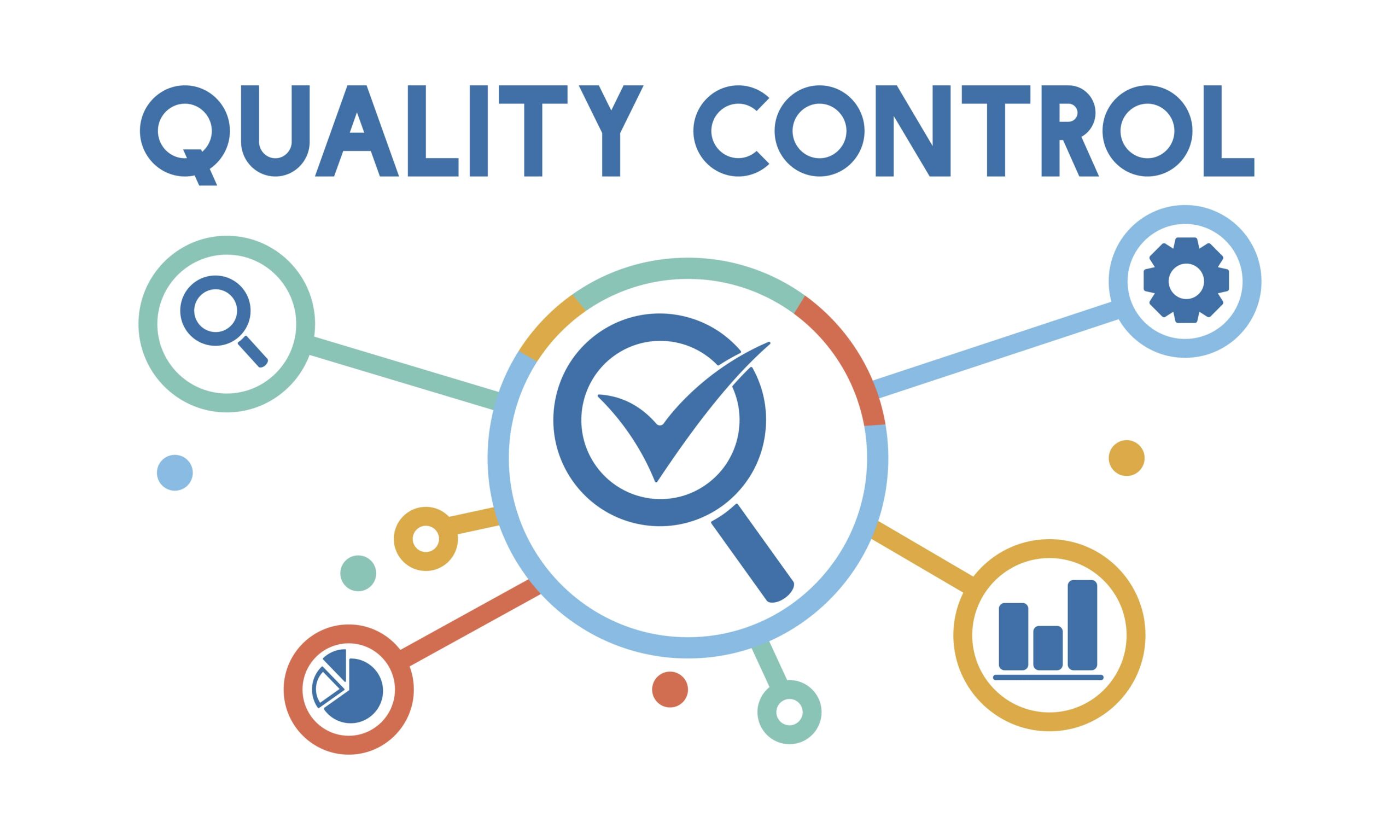Maintaining the highest standards of quality is essential for long-term success in the highly competitive manufacturing sector. Using the appropriate quality inspection tools can have a significant impact on everything from improving customer satisfaction to upholding flawless quality control requirements. Let’s examine the essential resources that any firm should possess in order to attain superior quality control.
10 Quality Inspection Tools for Manufacturing
1. Calipers: Proper measurements are the foundation of quality control. Calipers allow producers to properly measure dimensions, ensuring that their goods fit exact specifications.
2. Micrometers: Micrometers are used when accuracy down to the micron level is important. High precision measurements are provided by these instruments, which are essential for preserving consistency in product quality.
3. Gauges: Thread gauges, ring gauges, and plug gauges are just a few examples of the essential instruments used to check machined parts for dimensional accuracy and compliance with specifications.
4. CMM (Coordinate Measuring Machine): With the highest level of accuracy, producers can analyze intricate geometries thanks to the superior measurement capabilities of CMMs. They are essential to quality control in many different sectors.
5. Surface Roughness Tester: Just as important as dimensional precision is surface quality. In order to make sure machined surfaces fulfill specified finish criteria, surface roughness testers assist in analyzing the texture of the surface.
6. Force Gauges: Assuring the reliability of a product, materials must be tested for strength and durability. Manufacturers are capable of measuring torque, tension, and compression with force gauges.
7. Optical Comparators: These instruments offer a non-contact way to check a part’s dimensions against the original design. They are quite useful for finding even the smallest deviations and making sure that standards are being followed.
8. Ultrasonic Testing Equipment: Ultrasonic testing equipment is very important in the aerospace and automotive industries because it can identify faults and discontinuities in materials, improving the safety and reliability of products.
9. Thermographic Cameras: Variations in temperature may be a sign of possible flaws in manufactured goods. Thermographic cameras can identify quality problems early on by detecting thermal abnormalities.
10. Portable Spectrometers: Making sure raw materials are of the highest quality is just as important as examining completed goods. On-site chemical composition analysis of materials is made possible by portable spectrometers, which speed up quality control procedures.
Importance of Quality inspection tools:
It is impossible to exaggerate the significance of these quality control instruments. They not only assist manufacturers in fulfilling regulatory obligations, but they also have a big impact on customer happiness and brand reputation. Manufacturers who invest in these tools show that they are dedicated to producing high-quality products, which gives them a competitive advantage in the market.
Final thaught:
Tools for quality inspection are essential resources for any firm aiming for superiority. These instruments are essential to every phase of the manufacturing process, from upholding strict quality control requirements to improving customer satisfaction. Manufacturers may guarantee constant quality, promote operational effectiveness, and position themselves as leaders in their respective fields by utilizing the appropriate tools and technology.
Related FAQs
1. Why are quality inspection tools essential for manufacturers?
For producers to make sure that their products fulfill requirements and standards, quality inspection tools are essential. Manufacturers can identify flaws, ensure consistency in the quality of their products, and preserve their reputation for excellence and dependability by using these technologies.
2. How do quality inspection tools contribute to customer satisfaction?
Manufacturers can find and fix any problems with their products before they aren the hands of consumers by employing quality inspection instruments. This guarantees that consumers receive goods that live up to their expectations in terms of performance, dependability, and quality, which raises customer satisfaction and loyalty levels.
3. What role do quality control standards play in manufacturing?
Standards for quality control set out parameters and directives to guarantee that goods fulfill predetermined requirements for performance and quality. Manufacturers may minimize defects, cut waste, and consistently produce products that meet or exceed customer expectations by following these criteria and using quality inspection tools.
4. How can manufacturers choose the right quality inspection tools for their needs?
When choosing quality inspection tools, manufacturers should take into account things like the unique requirements of their business, the kinds of products they create, and their financial limits. They should also give top priority to instruments that provide precision, dependability, and user-friendliness in order to optimize their efficiency in quality assurance procedures.
5. What are some common challenges faced in quality inspection processes?
Finding concealed flaws, maintaining measurement consistency, and staying current with changing quality standards and laws are some frequent difficulties encountered in quality inspection procedures. However, producers may overcome these obstacles and maintain high standards of product quality and customer satisfaction with the correct mix of quality inspection tools and efficient quality management systems.

[url=https://effexor.directory/]effexor 10 mg[/url]
[url=http://tadalafilu.com/]where can i buy real cialis online[/url]
[url=https://accutanemix.online/]accutane cost[/url]
[url=https://avermox.com/]vermox canada[/url]
[url=http://nolvadexin.online/]10 mg tamoxifen[/url]
Hey people!!!!!
Good mood and good luck to everyone!!!!!
Dogs Cane Corso in Moscow
[url=]cane-corso.moscow[/url]